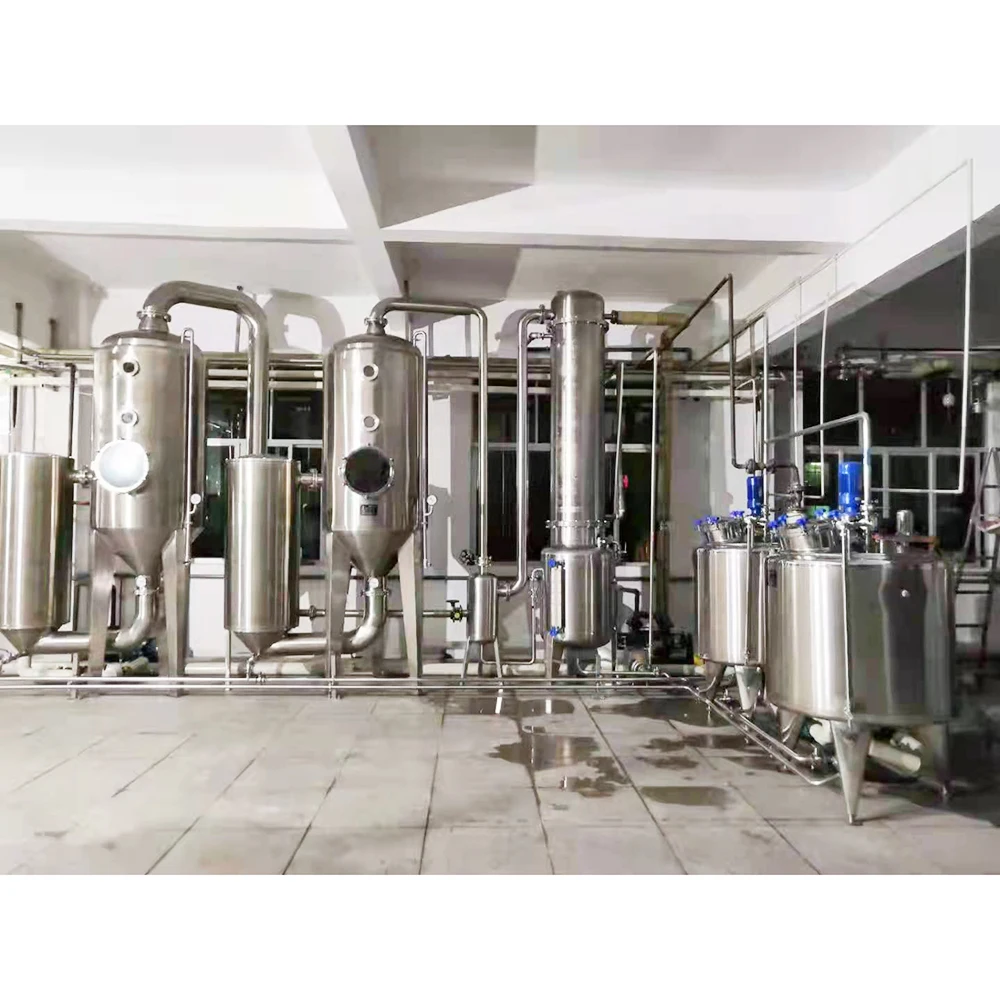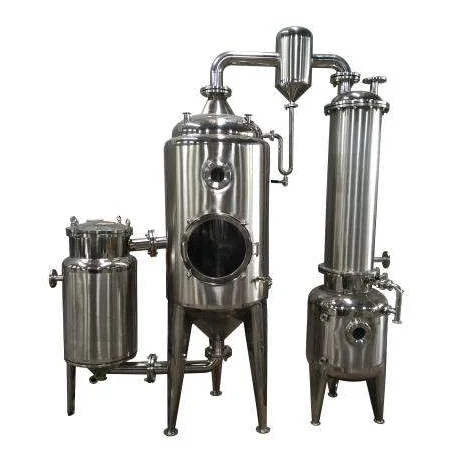ABOUT
Wenzhou Vince Machinery Science Co., Ltd. was established in early 1980s. Our company covers an area of 6500 square meters and is an independent legal representative firm, possessing rich economic technology strength. Our company is a high tech enterprise and plays an important role in national dairy, foodstuff, pharmacy and machinery industries. We are a beverage machinery supplier.
Since the establishment, our company has mainly engaged in dairy products, foodstuff, beverage machinery, bean products, yellow wine, medicines and fermentation projects. What's more, our company supplies a complete sequence services in manufacturing, installation, test and personnel train, as well as the whole direction service design and consulting service on product project construction or enlargement artistic distribution engineering sets budget.
From Grain to Glass The Mashing Tank's Journey
From Grain to Glass: The Mashing Tank's Journey is a captivating exploration of the fascinating process that transforms humble grains into the complex and flavorful beverage we know as beer. This journey begins in the heart of the brewery, within the mighty mashing tank. Here, the raw ingredients undergo a transformation, setting the stage for the magic that will unfold in the following stages.
The Science of Mashing
The mashing tank is where the magic begins. It's a large, stainless steel vessel filled with hot water and crushed grains, typically barley. The process of mashing involves carefully controlling the temperature of the water, allowing enzymes in the grains to break down the starches into fermentable sugars. This crucial step determines the ultimate character of the beer, influencing its sweetness, body, and overall flavor profile.
The Role of Enzymes
Enzymes, the tiny biological catalysts that drive the process, are key players in the mashing tank. They break down the complex starches into simpler sugars that can be consumed by the yeast during fermentation. The enzymes act like tiny scissors, meticulously cleaving the starches into digestible units. Each enzyme plays a specific role, working in a coordinated dance to transform the grains into a sugary liquid.
Temperature Control
Temperature is a critical factor in the mashing process. Each enzyme has its own ideal temperature range, and the brewer must carefully control the water temperature throughout the process to ensure the enzymes work effectively. The precise temperature profile dictates the final characteristics of the beer, affecting its color, flavor, and even its head retention.
The End of the Mash
After a carefully orchestrated series of temperature adjustments, the mash is complete. The liquid, now known as "wort," is a sweet, golden liquid brimming with fermentable sugars. The spent grains, no longer needed, are removed and often used for animal feed or compost. The wort, now ready for the next stage, is carefully transferred to the brew kettle where it will be boiled and infused with hops, bringing it one step closer to becoming a delightful glass of beer.
SUBSCRIBE
INQUIRY




